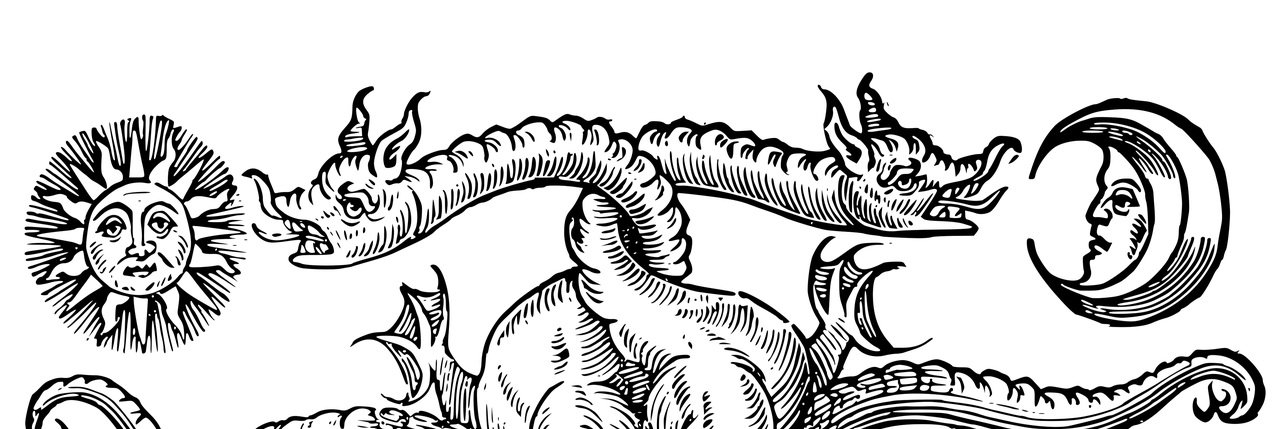About
Q-Alchemy solves the bottleneck of bringing classical data into the quantum processor. In technical terms, this is called Quantum State Preparation.
Usually, this is considered a “hard problem” in the sense that if you have N elements of a vector, you need about N operations to “copy” that data into the quantum computer.
Many quantum algorithms that show speed-ups require data to be present as quantum states. Yes, there are few exceptions, but for many quantum machine learning and stochastic simulation tasks, as well as inversion of matrix, speed-ups depend on the presence of quantum data.
— This is a bottleneck —
Our algorithm tries to remove the quantum complexity to “copy” the state into the quantum computer by exploiting its entanglement structure (see our arXiv paper). This comes at a cost: computationally, this is an expensive computation using hierarchical application of singular value decompositions (SVDs), which are about $O(2^{3n/2})$ each time the SVD needs to be applied.
It happens so, that classical data to be encoded into the quantum computer comes in an ordering that does not affect it meaning, but is usually not optimal for a quantum processor! The algorithm tries to find the correct ordering — which doesn’t change the data’s meaning — such that it fits most naturally into a quantum state.
With naturally, we actually mean “lowest entanglement” representation. Even a strongly entangled quantum state is not entangled everywhere, and the algorithm exploits exactly this. So, the above figure shows, that we need to shuffle — smartly — the logical qubits around, such that there are two strongly entangled parts that are themselves not strongly entangled at all!
This is quite a computationally complex task, so doing, will usually not make for a quantum speed-up in the end. It helps however in two ways:
one can use approximations to encode a state more successfully on a (pre-) NISQ device, see the figure below for an illustration
one can encode an approximation to repeatedly re-create a quantum state as cheaply as possible.
In particular, the second application is a first glance of a Q-RAM
The reason for this is simple: you can repeatedly create a state with known fidelity loss and a known complexity!
The next step: create a database with a bunch of quantum states you repeatedly need for your experiments!
Q-Alchemy can be your database
The scientific research talk at the Quantum Information and Probability conference in Växjö, Sweden, 2023.





